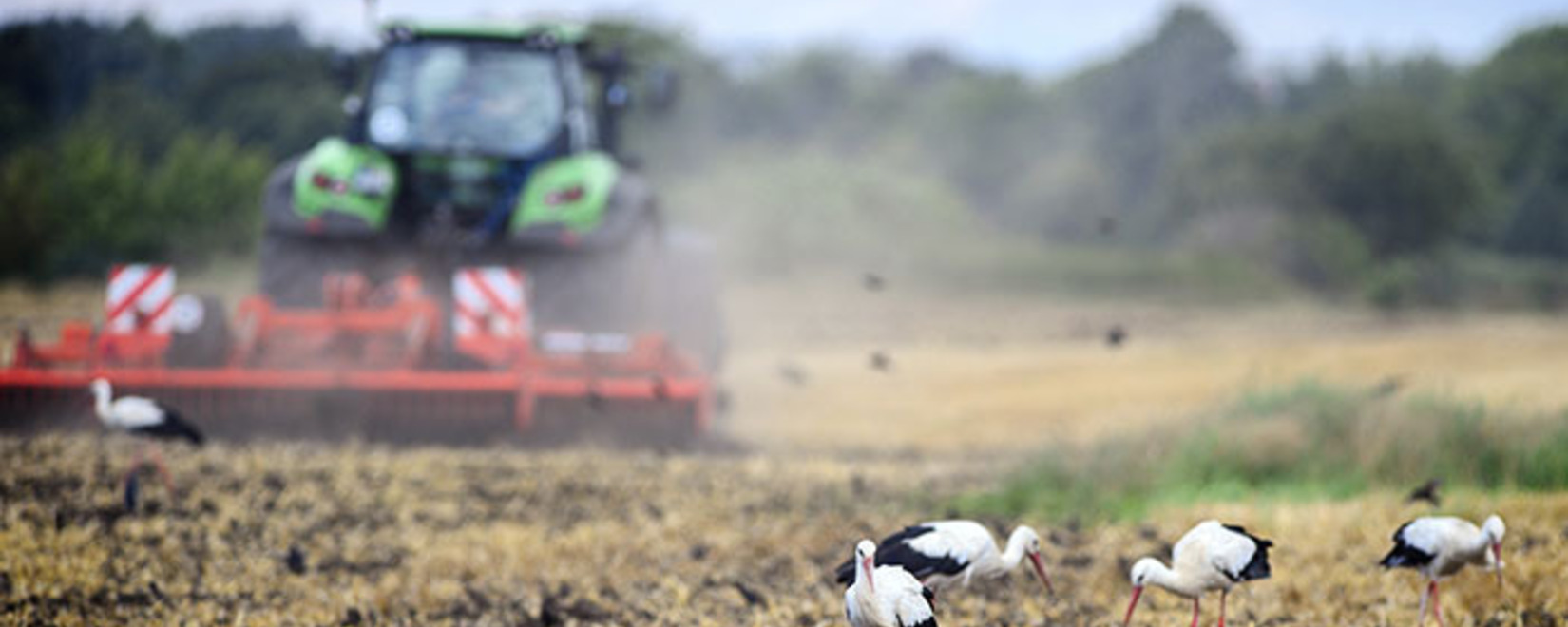The Ministry of Agriculture plans to increase the amount of maximum compensation by more than 5,000 times during the construction and modernization of seed production for growing greenhouse vegetables (tomatoes, cucumbers, etc.). For open (tomatoes, cucumbers, peppers, etc.) soil, support will also be increased, but by 165 times. This follows from the draft resolution published on May 10.
The changes change the normative marginal cost per unit capacity of seed breeding centers.
Now the Ministry of Agriculture is ready to compensate investors 50%, provided that the cost of setting up the production of every 1000 kg of seeds of any vegetable soil does not exceed 1.39 million rubles. Anything that companies spend in excess of this amount is not taken into account when calculating compensation. Now it is proposed to reimburse 50% of 70 million rubles. to create capacities for the production of every 10 kg of seeds for greenhouse vegetables and 300 kg of open ground.
That is, when growing a ton of open ground seeds, the Ministry of Agriculture is ready to compensate 50% of about 250 million rubles, closed - 50% of 7 billion rubles.
The measure stimulates import substitution in seed production, according to the Ministry of Agriculture. The marginal cost is determined on the basis of an analysis of the situation on the market, the representative said. According to him, the estimate for the construction of one center can reach up to 4 billion rubles.
Such a significant difference is due to the fact that seeds for potatoes, onions, beets, etc. are produced in the open field, which does not require the construction of greenhouses, says a source in one of the vegetable producers. For closed ground, they are necessary, and in this case we are talking about 400-500 million rubles. for every hectare. At the same time, planting material, for example, for tomatoes, is light and several hundred kilograms are needed for the whole of Russia, the source continues. According to him, when growing potatoes, we are talking about several hundred thousand tons.
A significant part of the seeds in the production of greenhouse vegetables are imported, confirms Alexander Rudakov, Chairman of the Board of Directors of ECO-Culture. The share of imports in the cultivation of cucumbers is 50%, tomatoes - 80%, eggplants and zucchini - up to 100%, previously estimated in the Technology of Growth. The situation is also difficult in the cultivation of open ground vegetables: for example, the Ministry of Agriculture cited data that the share of domestic selection in potatoes is 9%.
The Ministry of Agriculture began discussing the amount of compensation in March this year. At a meeting on March 2, representatives of greenhouse vegetable producers pointed out that with the current parameters, the support measure does not attract investors. With the cost of 1 hectare of the seed complex at 420 million rubles. the budget will reimburse only 50,000-70,000 rubles. per 1 ha, since a maximum of 100 kg of seeds can be collected from it.
As a result, none of the investors who built such complexes in 2022 specialize in the production of seeds for growing greenhouse vegetables. A representative of the Potato Union, which unites producers of open-ground vegetables, also spoke about the need to increase the amount of support then. In early March, the Ministry of Agriculture confirmed that they were ready to review the parameters of support measures.
A multiple increase in the amount of compensation is a timely measure that will become an incentive to increase our own seed production, says Rudakov. The GK Rost agrees with him. Eco-Culture is planning to build its own selection and seed center in the Moscow region, but the project is still under development. Rost Group of Companies said that there is no unequivocal decision on the new project yet, the issue is at the stage of discussion and calculations.
Previously, a significant part of imported vegetable seeds was supplied from the USA, Italy, France and the Netherlands, these countries accounted for more than a third of all imports as of 2021, says Natalia Nazarova, head of the Institute for the Development of Entrepreneurship and Economics of the IRPE. Now deliveries from these countries are difficult. At the same time, the supply of domestic vegetable seeds is estimated by market participants from 20 to 50%, depending on the category, Nazarova adds. Eco-Culture uses domestic selection, but there are not enough volumes with the same characteristics as those of foreign producers, Rudakov adds.
Based on the fact that 1 ha requires 420 million rubles. investments, and the fee is 100 kg per year, then the subsidy, in theory, can cover a significant part of the costs of specialized agricultural holdings, says Nazarova. An interlocutor in one of the vegetable producers says that the issue has been worked out for a long time, but the agricultural holdings themselves did not seek to build breeding centers. In connection with the sanctions and difficulties in the procurement, interest in such projects has appeared, he is sure.



